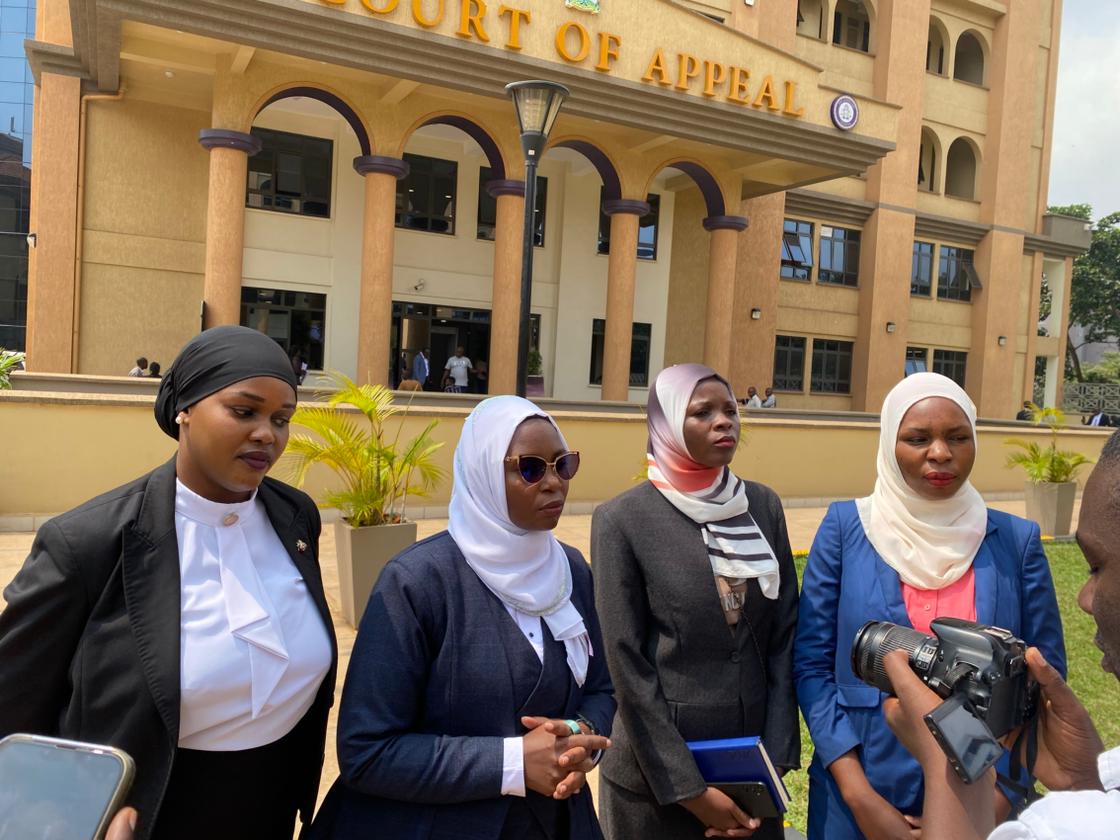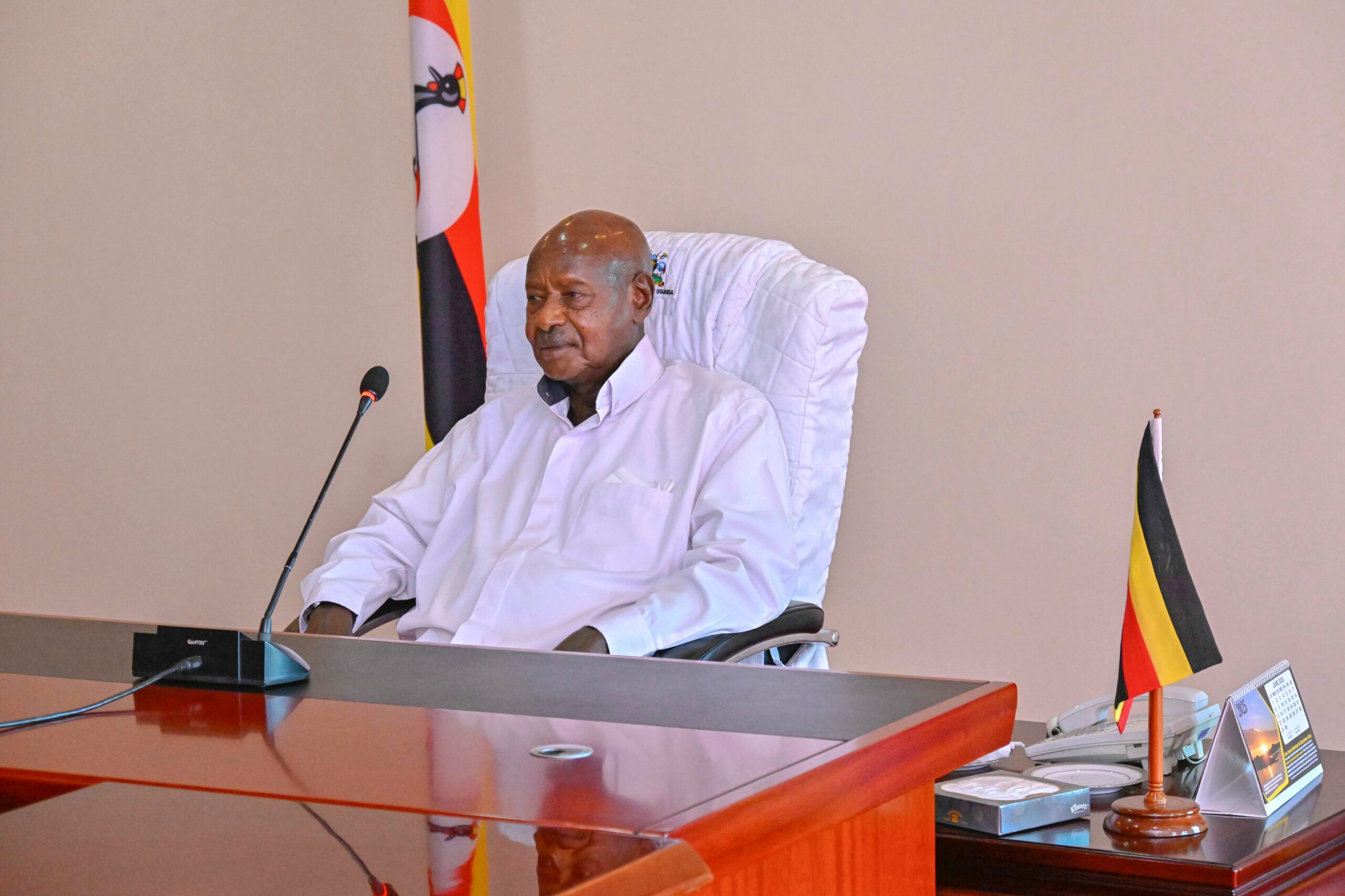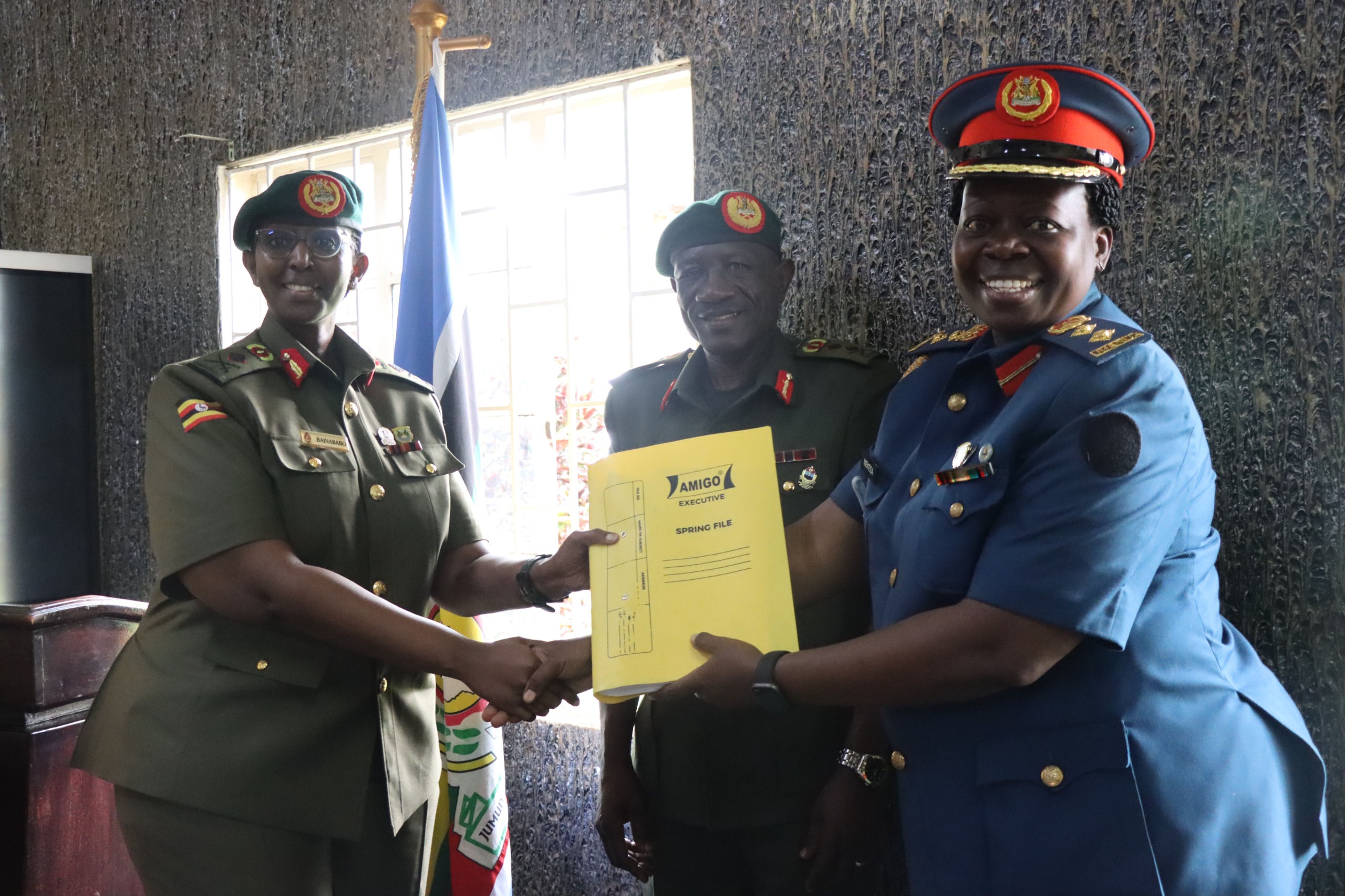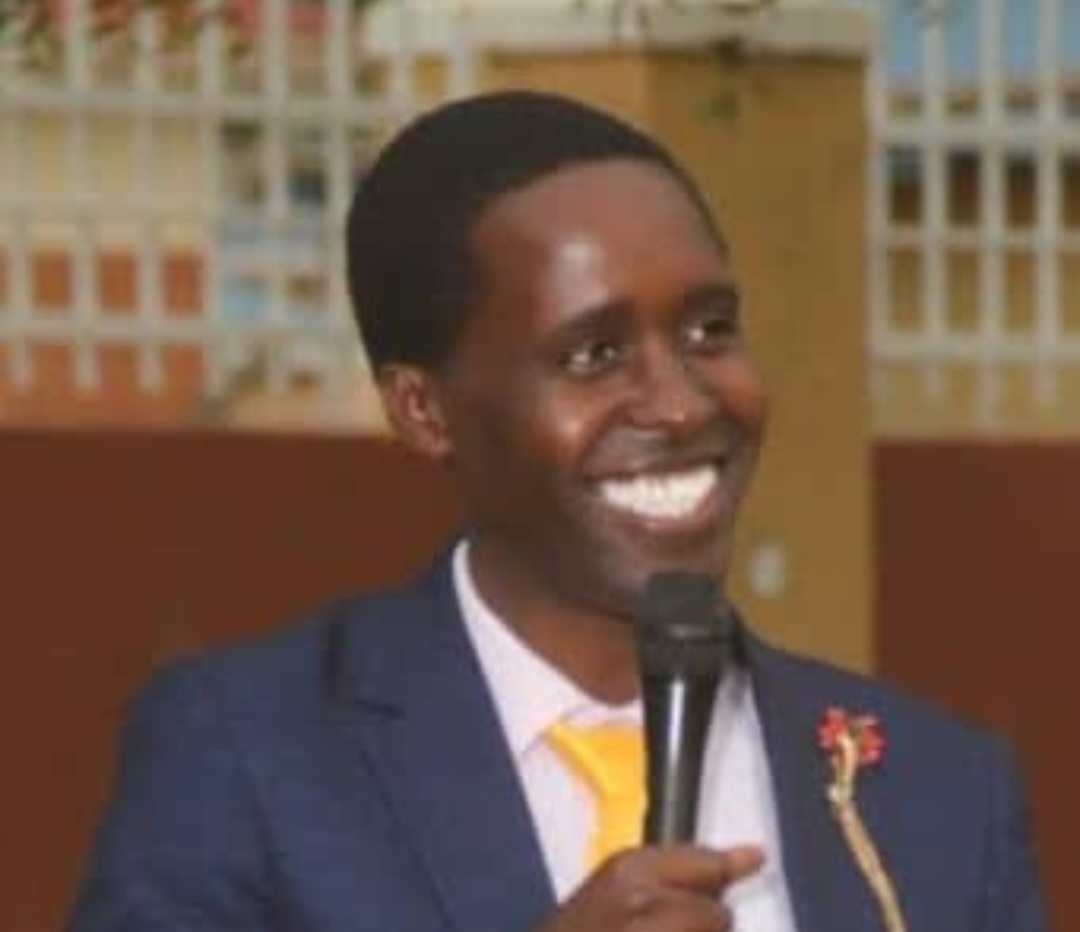The Constitutional Court has been petitioned by the Islamic Women’s Initiative for Justice, Law and Peace (IWILAP), together with Muslim women leaders, seeking a landmark interpretation of Uganda’s restrictive abortion laws. The petition, filed against the Attorney General, directly challenges Sections 130, 131, and 207 of the Penal Code Act, which criminalize abortion except under very narrow circumstances.
Petitioners argue that these provisions unjustly deny women—particularly Muslim women—the right to reproductive health decisions guaranteed under Islamic jurisprudence, Uganda’s Constitution, and international human rights law.
Speaking on behalf of the petitioners, Haulah Nalubega emphasized that the action is not an attempt to import foreign values but rather to reconcile Uganda’s laws with established Islamic principles. She explained that under Islamic jurisprudence, abortion is permitted in specific circumstances, especially before ensoulment, which is believed to occur at 120 days.
These circumstances include pregnancies resulting from rape, incest, and situations where the mother’s health—particularly her mental health—is at risk. “This petition is about justice for Muslim women and Ugandans at large,” she stated. “Islam recognizes exceptions, and we want the Attorney General to enlarge the boundaries of abortion-related matters to reflect these provisions. Our faith gives us a leeway, and it is time for the law to acknowledge it.”
Nalubega added that this petition is not a deviation from Islam but a reinforcement of its compassionate foundations. She cited Qur’anic and jurisprudential principles of rahma (mercy) and adl (justice), noting that these guide the recognition of exceptional cases where continuing a pregnancy would impose unbearable suffering on the mother.
She also reminded critics that several East African and African countries, including Rwanda, Tunisia, and Zimbabwe, have adopted similar exceptions in their abortion laws, striking a balance between cultural, religious, and human rights considerations.
Kiriswa Bint Yasomini, a legal officer with IWILAP, elaborated on the legal framework of the case. She pointed out that the challenged sections of the Penal Code criminalize abortion broadly, with Section 207 only allowing vague and poorly defined exceptions. According to her, these do not clearly address realities such as rape, incest, or threats to mental health, leaving women vulnerable and forcing many into unsafe abortions. “If this petition succeeds, it will not only benefit Muslim women but all women in Uganda,” she said. “Currently, women are carrying out abortions in unsafe, illegal conditions. By clarifying and amending the law to include these exceptions, Uganda would ensure women can access safe, legal medical services.”
The petition cites multiple constitutional guarantees, including Article 29(1)(c), which protects freedom of religion, and Article 37, which safeguards cultural and traditional practices. It also references Articles 33 and 35, which obligate the State to respect the rights of women and vulnerable groups. The petitioners argue that by denying women the ability to act in accordance with their faith and cultural values, the Penal Code undermines constitutional protections and violates international treaties such as the Convention on the Elimination of All Forms of Discrimination Against Women (CEDAW). In its 2022 concluding observations, the CEDAW Committee had already urged Uganda to align its laws with international standards by permitting abortion in cases of rape, incest, and threats to the mother’s health.
The petitioners are asking the Constitutional Court to declare Sections 130, 131, and 207 unconstitutional to the extent that they criminalize abortion without the outlined exceptions. They also seek a judicial order directing Parliament to amend the Penal Code to explicitly allow abortion in the exceptional cases recognized under Islamic law and consistent with constitutional guarantees. Importantly, they request that any abortion carried out under these exceptions be limited to within 120 days of pregnancy, reflecting the Islamic principle of ensoulment.
As Uganda grapples with ongoing debates on reproductive rights, this case may set a significant precedent. By situating their demands at the intersection of faith, culture, and law, IWILAP and the petitioners are challenging the narrative that reproductive rights are un-African or un-Islamic. Instead, they frame the issue as one of dignity, justice, and compassion—values deeply embedded in both Ugandan society and Islamic tradition. The Constitutional Court’s decision will not only determine the future of abortion laws in Uganda but also signal how far the legal system is willing to go in harmonizing domestic law with religious freedom, cultural values, and international human rights obligations.
Do you have a story in your community or an opinion to share with us: Email us at Submit an Article








